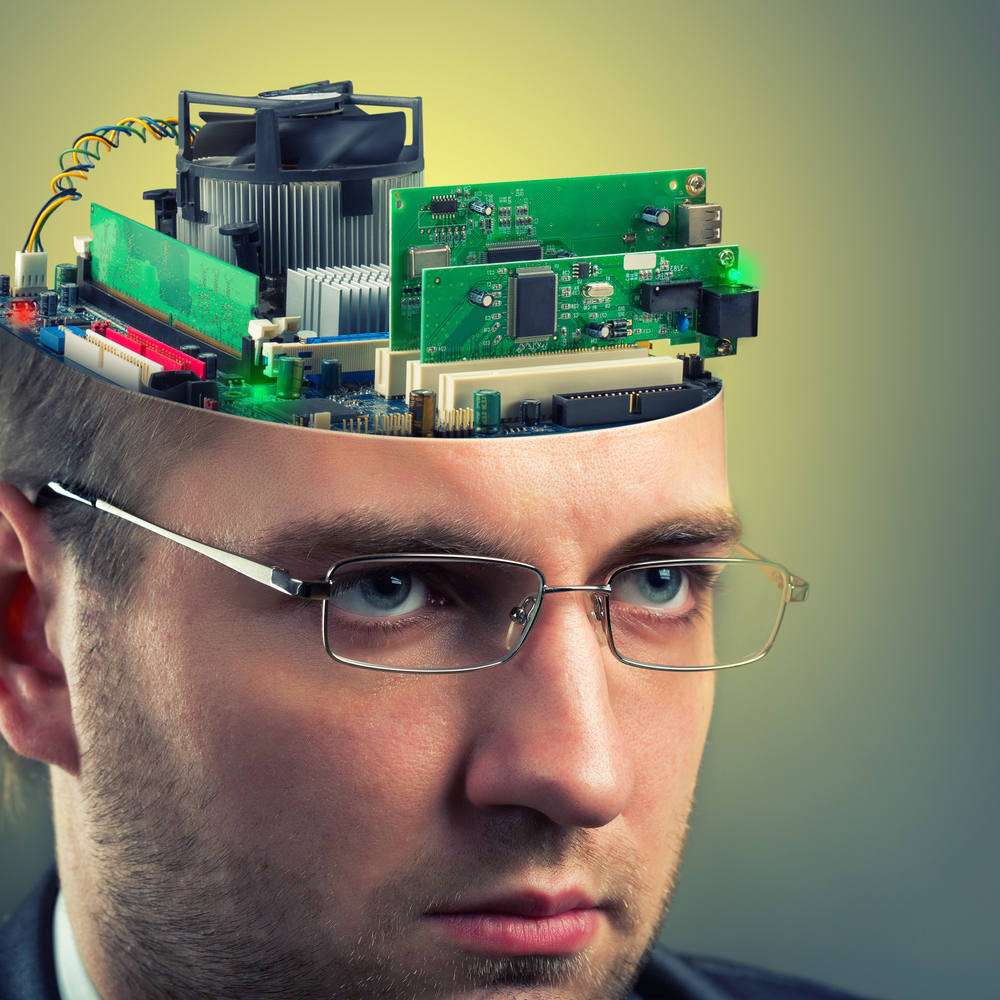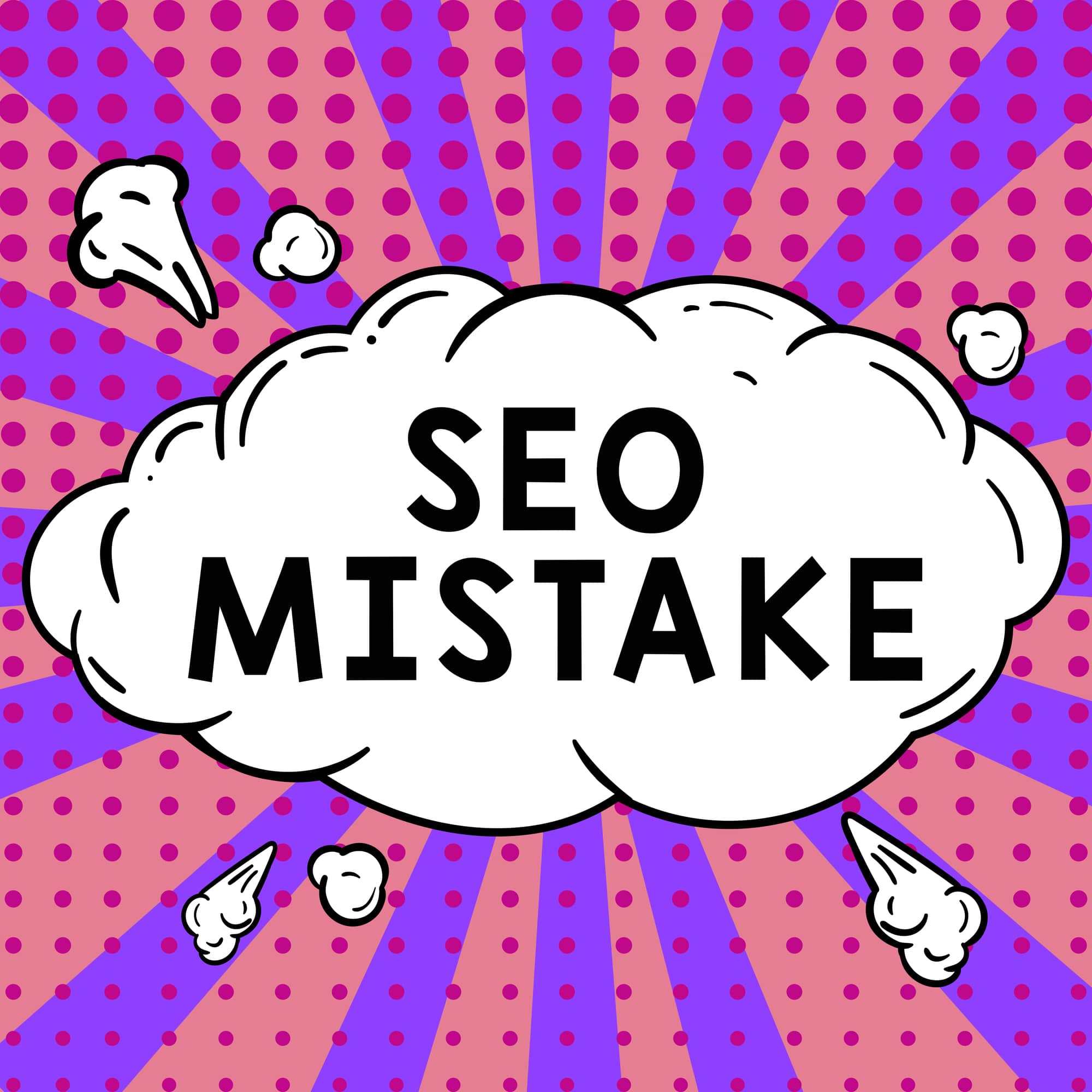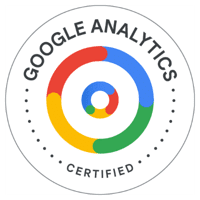 If you look, there’s occasional chatter about machines taking over the job of a writer. The reality is that some content is already 100 percent machine created. Still, more advanced, and especially more creative writing is still all human. Or is it?
If you look, there’s occasional chatter about machines taking over the job of a writer. The reality is that some content is already 100 percent machine created. Still, more advanced, and especially more creative writing is still all human. Or is it?
The rise of online writing aids (who hasn’t heard of Grammarly?) reveals how the industry is adapting to writers’ needs. Let’s take a look at a couple of examples to see where all this is headed. You might be shocked.
Online Grammar Helper
Grammarly has become a dominant player in the writer aid market, largely due to aggressive advertising backed up by a useful product. It’s a turbocharged Hemmingway app. Grammarly helps detect and correct grammar mistakes and helps to improve readability. Being AI powered, it goes where Hemmingway can’t.
For instance, Grammarly can help you set the tone of your writing too (formal, friendly, etc.). The platform even helps format your writing for different distribution platforms such as email, social media, and documents. Users can accept and reject suggestions (word choices, phrases, etc.) as they go. The AI component then takes accepted/rejected suggestions and constantly updates its algorithm.
INK
AI powered INK does SEO for content writers which makes INK the next generation of online writing aids. INK even takes into account your competition to improve an article and make it more SEO-friendly. Obviously, a lot of INK’s engineering is geared towards knowing Google and what the search engine likes most. The AI angle is that INK learns from these interactions and channels efforts into what gets the best results.
Yoast is a WordPress plugin that was the gold-standard for online SEO content help. Now, INK ups the ante by bringing AI to the table.
These are great, but…
These tools are a huge help, but here’s a question: If everyone uses them, does the advantage disappear? Let’s say you have two nearly identical brands in the same niche, and both create content. They both use Grammarly and INK. What then is the only differentiator?
The writer.
So yes, online writing aids can help, but don’t forget the raw material you feed into them makes a difference.
Other tools to consider
SEO Writing Assistant – By SEMrush, it provides recommendations for content optimization based on the best-
ProWritingAid – Grammar check and style editing.
WordAi – AI enhanced article spinner.
Articoolo – Creates unique, proofread high-quality content from scratch simulating a real human writer.
Stranger than future
Some say modern humans are already basically cyborgs (part human / part machine). Don’t believe it? When’s the last time you went without your iPhone for more than an hour? Thirty minutes? Fifteen? Five?
Now, mad scientists like Elon Musk, want to take things even further. Musk has stated on more than one occasion that he fears AI. So what’s his solution? If you can’t beat ‘em, join ‘em. His company, Neuralink, aims to plant computer chips in human brains to max out the potential of both. Now, Musk is developing devices that could be sewn into the brain.
So will the next iteration of content writers plug themselves into the USB port of their laptop?
I don’t think Dostoevsky or the real Hemingway have to worry about their legacy. AI is brutally efficient, but human creativity will still be the secret sauce when everything is digitally immersed — maybe even more so.







